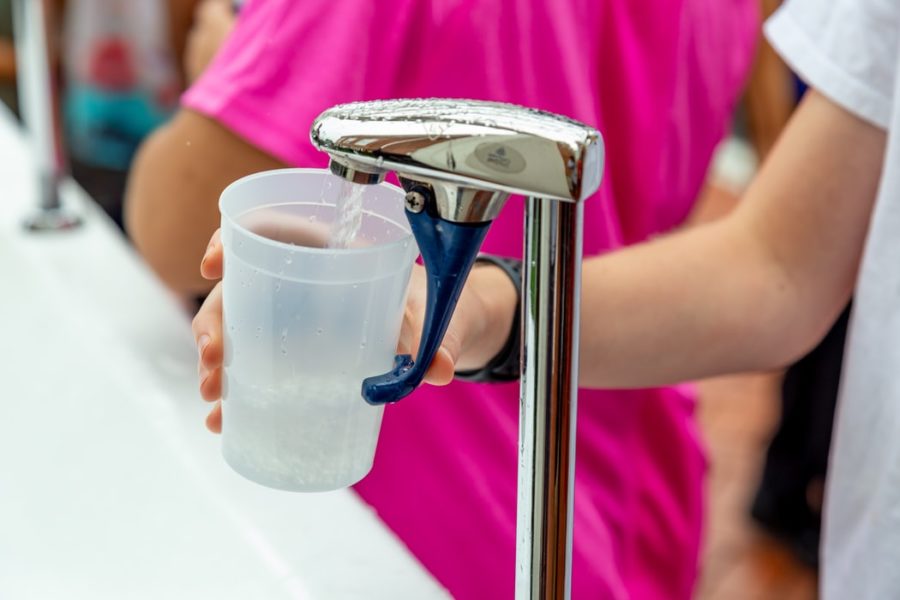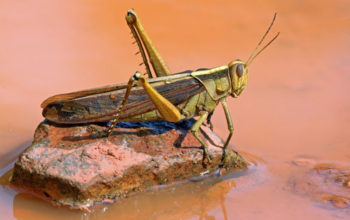“Although adverse effects are rare, it’s possible to drink too much water. Here’s what to know before you up your water intake too soon.“
The following written content by Emilia Benton
How much water is too much?
Scroll through social media, and you’ll probably come across a celebrity toting the latest fitness accessory du jour.
Nope, it’s not cute yoga pants or a brightly colored headband that keeps frizz from sticking to your sweaty face.

It’s not even a cute water bottle, but you’re getting closer.
The trendy accessory in the world of the rich and famous? A half-gallon water bottle.
It seems like an OK idea at the outset. After all, experts like to remind us to drink enough fluids. You’ve probably heard the recommendation to drink eight glasses of water a day.
Interestingly, though this “rule” has been around for decades, no one really knows where it originated, says Soma Mandal, MD, a board-certified internist at Summit Medical Group in Berkeley Heights, New Jersey.
Which begs the question: if we need about eight glasses a day, is there such a thing as drinking as too much water?
Read on for key facts to know about proper hydration and finding the right balance between enough and too much.
Why is hydration important?
There’s no getting around it: drinking enough water (or other liquids) is crucial for your survival. If you don’t consume enough fluids, you probably won’t feel like your best self.
Proper hydration and water balance is key for every single cell in the body, according to Andrea Love, PhD, an immunologist and microbiologist in Philadelphia.
Water helps with almost every process in your body, from the regulation of body temperature, blood pressure, and gastrointestinal function to the removal of wastes from the body, muscle performance, organ function, and even cognitive abilities.
“Water, along with salts and sugars, create our ‘electrolyte balance,’ which ensures that these bodily processes are tightly regulated for our continued health,” Love says. “Hydration is absolutely essential for our health, and dehydration can be problematic, as it can lead to a variety of negative health consequences.”
(These are the hydration myths you should stop believing.)
What happens if you drink too much water?
When it comes to hydration, the converse can also be true. That’s right, as good as H2O is for you, there can be too much of a necessary thing.
“In rare instances, people can consume too much water too quickly, which can disrupt our electrolyte balance by diluting the salts and sugars in our bodies too much, leading to potentially dangerous consequences,” Love says.
The biggest concern, she says, is dangerously low levels of sodium, or a condition called hyponatremia.
Symptoms of the condition can include nausea and bloating and can quickly progress to more-serious signs, such as weakness, confusion, unsteady gait, and convulsions.
Hyponatremia can lead to a potentially life-threatening condition called water intoxication, which is when your organ systems, including the brain, are affected by the excessive intake of water.
Before you freak out, know that the condition is rare. Love says that people with healthy kidneys can typically compensate in excreting excess water, even if it’s consumed relatively quickly.
So is a gallon of water a day too much?
In general, if you are in good health and take in a lot of water throughout the day, you’ll just pee a lot more. Read more from Reader’s Digest.






